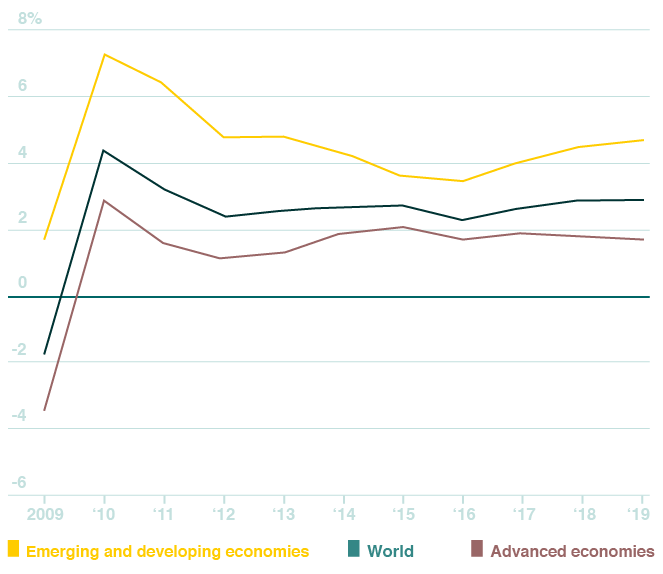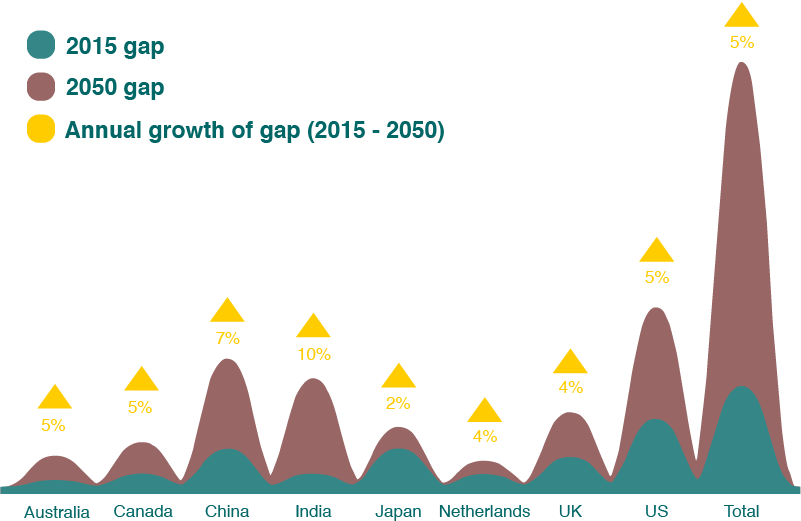Healthy Soils Produce Safer Crops and Healthier People
The very land beneath our feet is an incredible, yet finite resource. Providing critical services to humanity, healthy soil is essential for agriculture, water, carbon sequestration as well as the incredible biodiversity that exists in the world today. The maintenance and enhancement of global soil resources are essential if humanity’s overarching need for food, water, and energy security is to be met. Soils are one of the fundamental bases of life. There’s no denying that the living ecosystem beneath our feet has a major stake in the history and future of Planet Earth.
The soil is utilized globally for biomass production, including agriculture and forestry, as well as for storing, filtering and transforming nutrients, substances, and water.…

